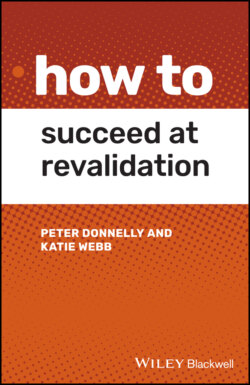Читать книгу How to Succeed at Revalidation - Peter Donnelly - Страница 9
What is Regulation?
ОглавлениеBefore going on to explore regulation in a number of health professions, it is useful to consider briefly the development of regulation as a concept.
In general terms, regulation describes the rules that are set out in legislation and the processes used to monitor and enforce those rules. Regulation complements other government levers such as taxation and public spending in shaping society. In the business world the aim of regulation is to help in the delivery of better outcomes for the economy, society and the environment. In health care, the purpose of regulation is to ensure that all health professions are fit to practice and hence patient safety and public confidence is assured.
Regulation can have a significant impact on innovation. On the one hand it can stimulate innovative ideas, while on the other hand serve to hinder their implementation. As a result, regulation can either stimulate improvement and/or investment, or lead to a tick‐box approach to regulatory compliance.
There are a number of subtypes of regulation:
Arbitrary regulations – rules that mandate the use of one of several equally valid options (e.g. driving on the right‐ or left‐hand side of the road)
Good faith regulations – that aim to define a baseline of acceptable practice (e.g. food hygiene regulations for the hospitality industry)
Goal conflict regulations – regulations that recognize a conflict between two parties and mandate for the greater good. These are typically conflicts between the individual versus wider society
Process regulations – these determine how a task should be accomplished.
In addition, it is important to understand the characteristics of the regulator. In peer‐regulation the community regulates itself, a form of self‐regulation. Unilateral or flat regulation is when regulations are imposed by the body with the power to do so. Statutory regulation is where the authority to define the rules is delegated to an independent third party body. This is the current position with health regulation in the UK whereby the Government delegates power to regulatory bodies such as the General Medical Council (GMC) or the General Dental Council (GDC).
In general, any forward‐thinking society would wish for regulation that supports and stimulates innovation, which in turn benefits citizens and the economy. In addition, optimal regulation is one that protects members of the public but does not hinder innovation and/or have unintended negative consequences. Across all sectors there is a need for regulators to evolve to keep pace with the rapid changes in society, and with the need to maintain the balance of safety and security versus innovation that improves the lives of its citizens.
